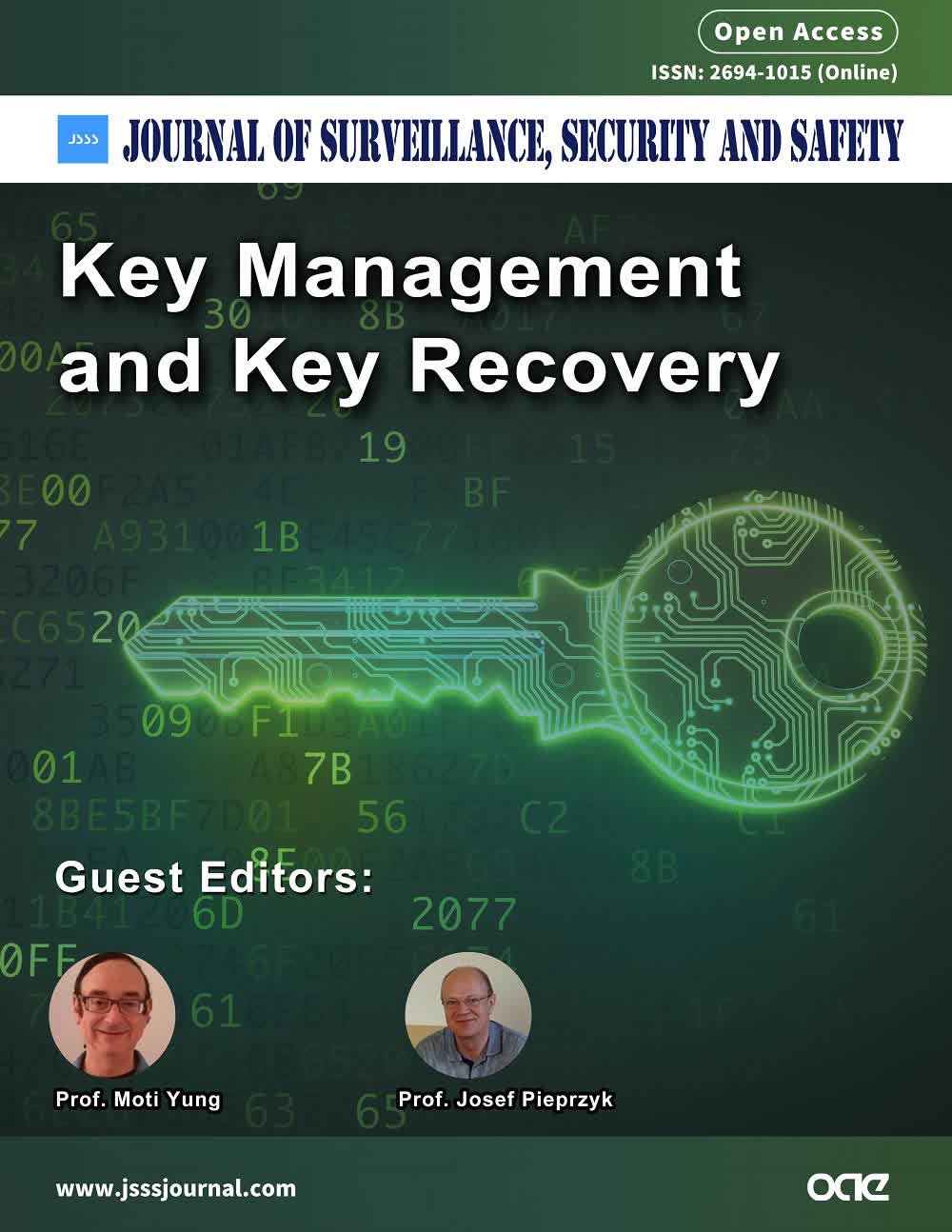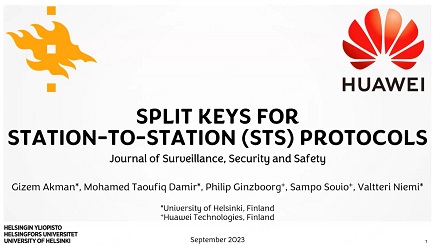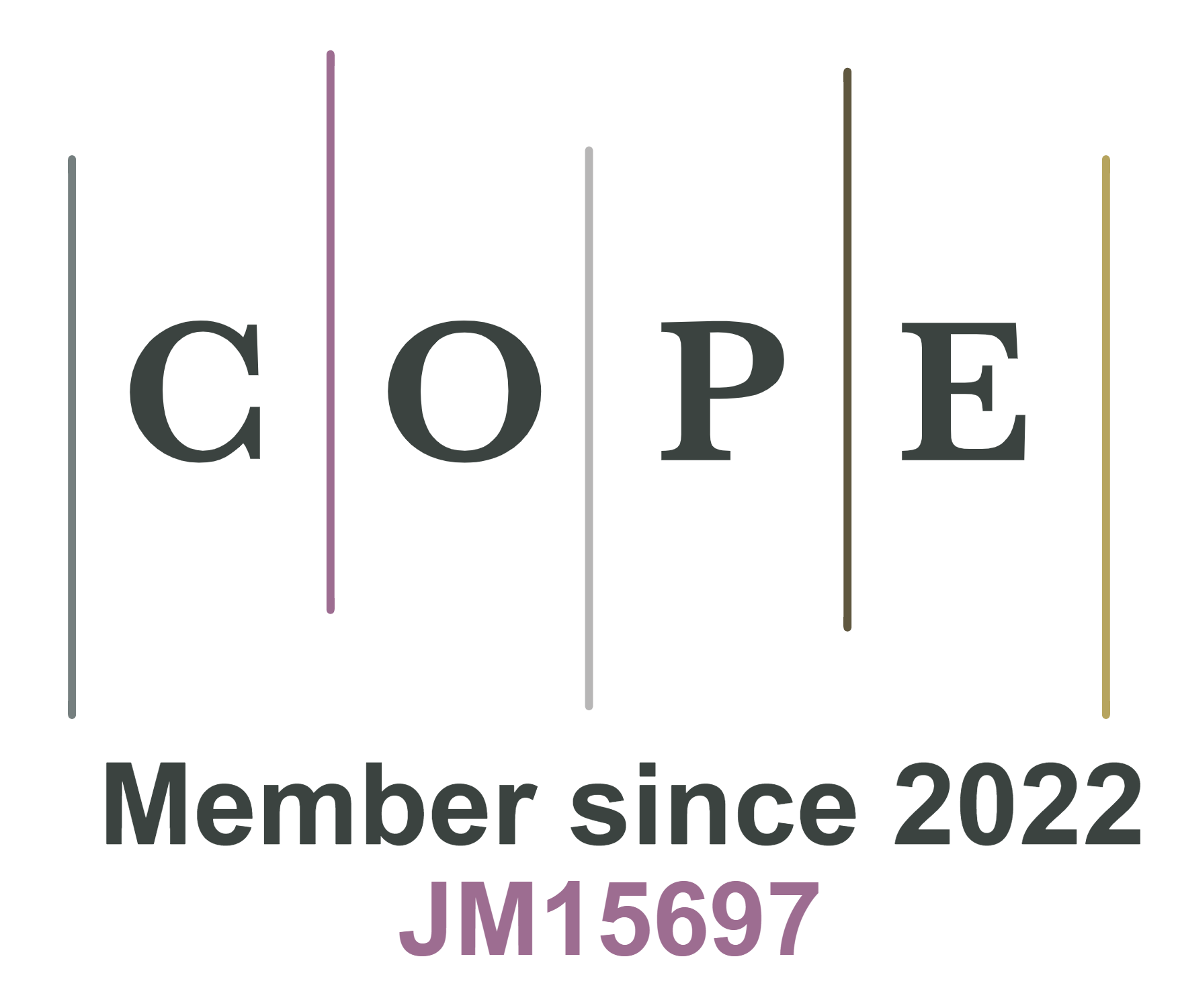
Topic: Key Management and Key Recovery
A Special Topic of Journal of Surveillance, Security and Safety
ISSN 2694-1015 (Online)
Submission deadline: 31 Dec 2024
Guest Editors
Department of Computer Science, Columbia University, New York, NY, USA.
Google LLC, Mountain View, CA, USA.
Special Topic Introduction
Almost all Internet services include cryptographic components and protocols that provide a wide range of required security goals such as confidentiality, authenticity and integrity. The single and most crucial factor that determines the achieved security goals and their level is the way cryptographic keys are generated, distributed and managed. Often, the scientific literature assumes the existence of these keys (within symmetric or asymmetric cryptosystems) and develops protocols upon them, ignoring the complexity of generating, maintaining, and assuring the security of the underlying keys. Recent developments in quantum computing show that a large portion of public-key cryptography is easily broken by a quantum computer. The post-quantum encryption and digital signatures recommended by NIST require significantly longer cryptographic keys. Similarly, to maintain the same security level for private-key/symmetric encryption, the length of cryptographic keys needs to be doubled. This evidently has a significant impact on management, storage and recovery of cryptographic keys.
This Special Issue addresses all aspects related to classical and quantum key generation, management and recovery of cryptographic keys. Specifically, it covers the following topics:
● Truly random number generation (quantum)
● Pseudorandom bit generation
● Quantum key distribution
● Classical key agreement and establishment protocols
● Key encapsulation protocols
● Public-key infrastructure and key certification
● Secret sharing and key recovery
● Security evaluation/verification
● Long-term maintenance of security of keys
Academics, research students and professionals are invited to submit their original work. Extended conference papers are also welcome, provided they have been revised and contain at least 50% new content (and the previously published proceedings paper is submitted with the research paper).
Submission Deadline
Submission Information
For Author Instructions, please refer to https://www.oaepublish.com/jsss/author_instructions
For Online Submission, please login at https://www.oaecenter.com/login?JournalId=jsss&IssueId=jsss2412311346
Submission Deadline: 31 Dec 2024
Contacts: Yoyo Bai, Assistant Editor, [email protected]








